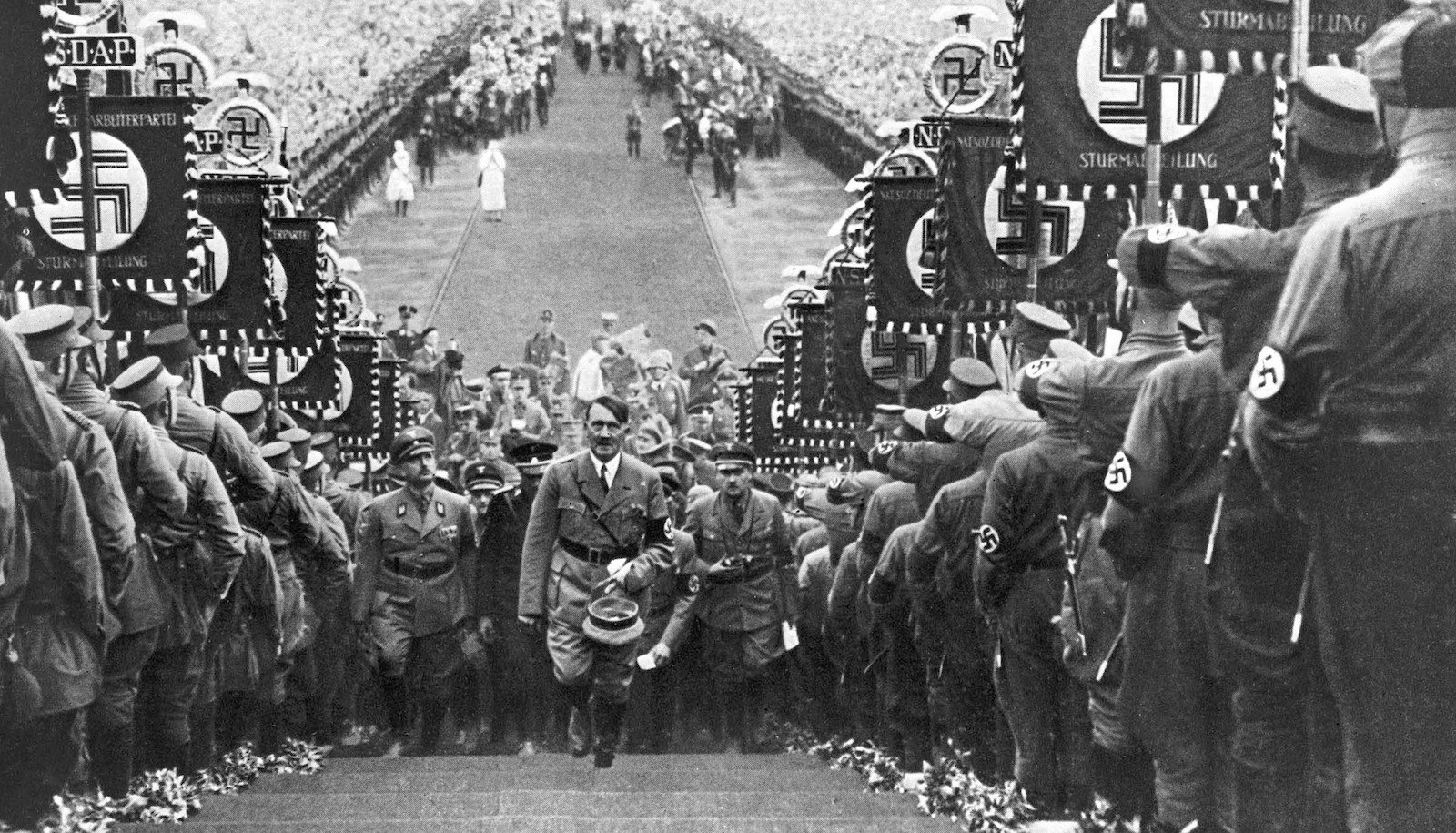
Nazi Germany
Hitler takes control of Germany’s destiny
As is typical in dictatorships, Hitler imposed relative social stability compared with the chaos of the Weimar Republic. Lower-class salaries dropped, while living costs rose. Strikes and protests died out. This social stability caused by terror increased profits for big businessmen. The reorganization of the entire socio-economic scene favored economic growth, which was sustained for several years. The massive rearmament around the Second World War threatened economic progress.
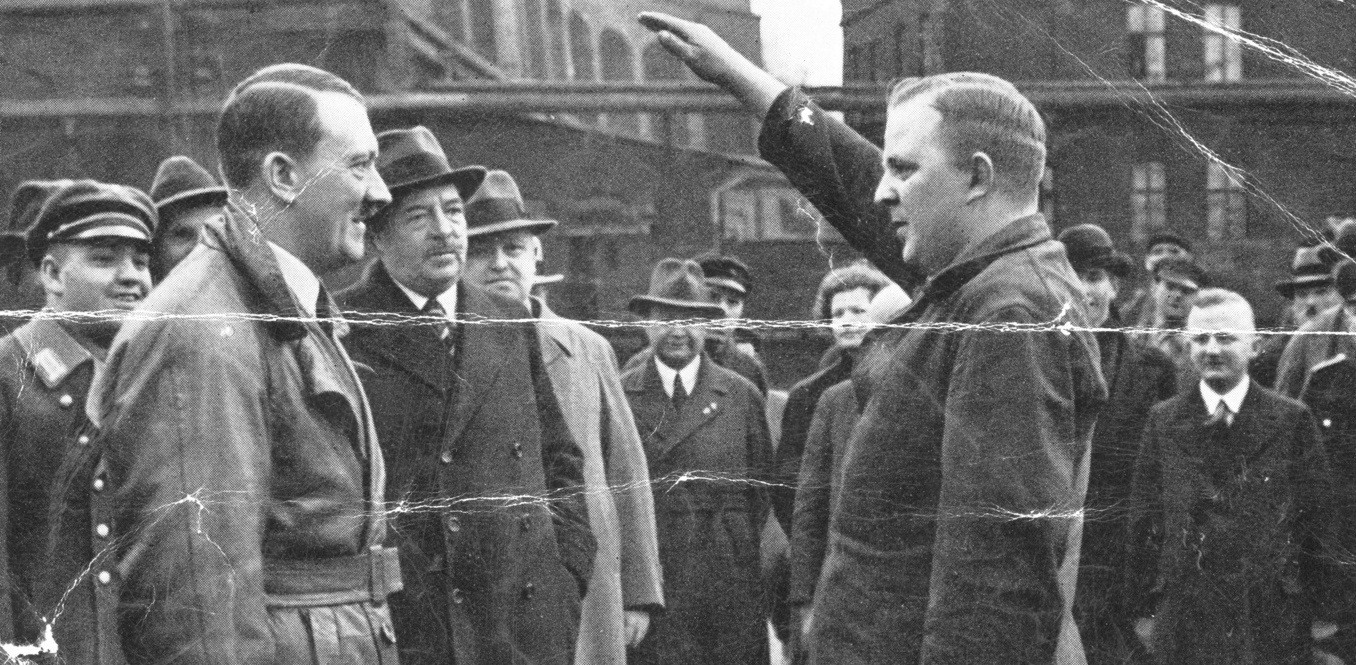
1 of 3
The first step in the economic reform meant meeting with the big businessmen. In spite of their liberal orientations, these businessmen were glad that the Nazis had come to power. Hitler was the only one who could suppress the strikes of the working classes and bring social order. The great industrialists hoped that their laborers would return to work in factories and accept even lower salaries. On their first meetings with Hitler, they received the promise that Marxist elements would be eliminated. This was one of the few promises the Fuhrer honored.
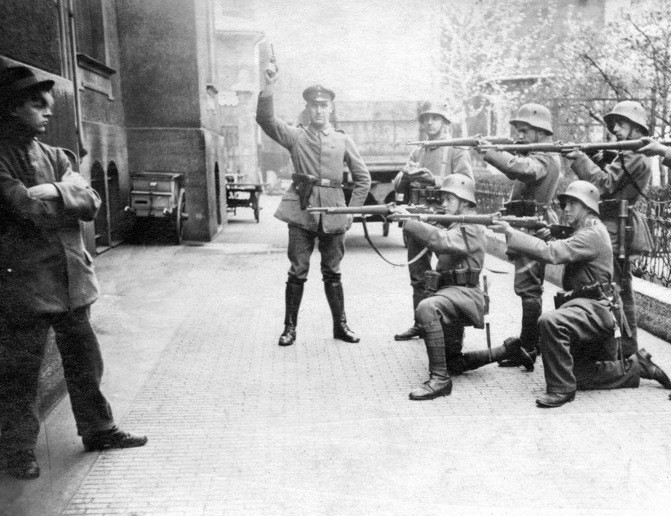
2 of 3
The terror installed by the Nazis was tolerated by the majority of the population due to the economic benefits it brought. Forced labor in concentration camps helped the economy. The country also received money from the unlawful confiscation of the wealth of many Jews. Tax evasion and small crimes were dealt with by the Gestapo. The secret police applied very harsh punishments. The automobile industry underwent exponential growth. Volkswagen, the people’s automobile, was a result of Hitler’s desire to make cars accessible to the masses.
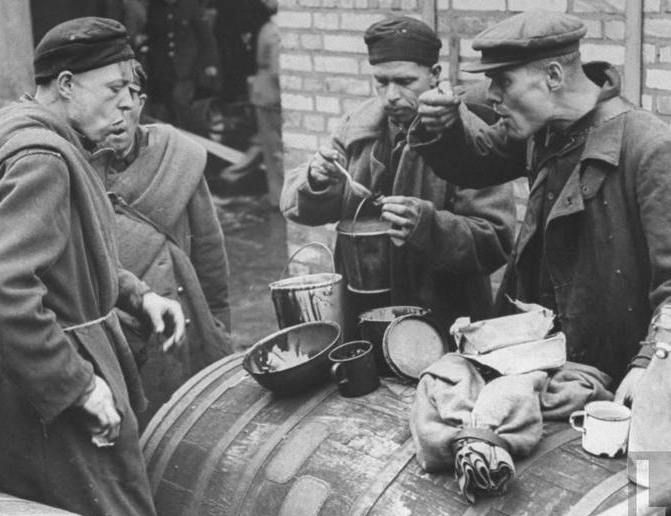
3 of 3
Besides the repression of enemies of the Nazi party, all acts of violence or disorder were harshly punished. The Nazi leader strengthened Germany’s domestic power. He refused to respect the populist promises he made during the campaign. Germany could not afford to pay large sums of money for the social support of disadvantaged people. Mass unemployment, putting industry back on its feet, investment in infrastructure and rearmament were much more important. Introducing obligatory conscription helped the war industry.
The effects of the Great Depression had begun to wane even before Hitler came to power. Germany was still in a difficult financial situation. When considering Hitler’s miraculous economic reforms, we must take into account the fact that industry and infrastructure were not destroyed in the First World War. Germany was rich in natural resources. None of this overshadows Hitler’s merits. The investments made in rearmament, in infrastructure and in industry put Germany back on its feet.
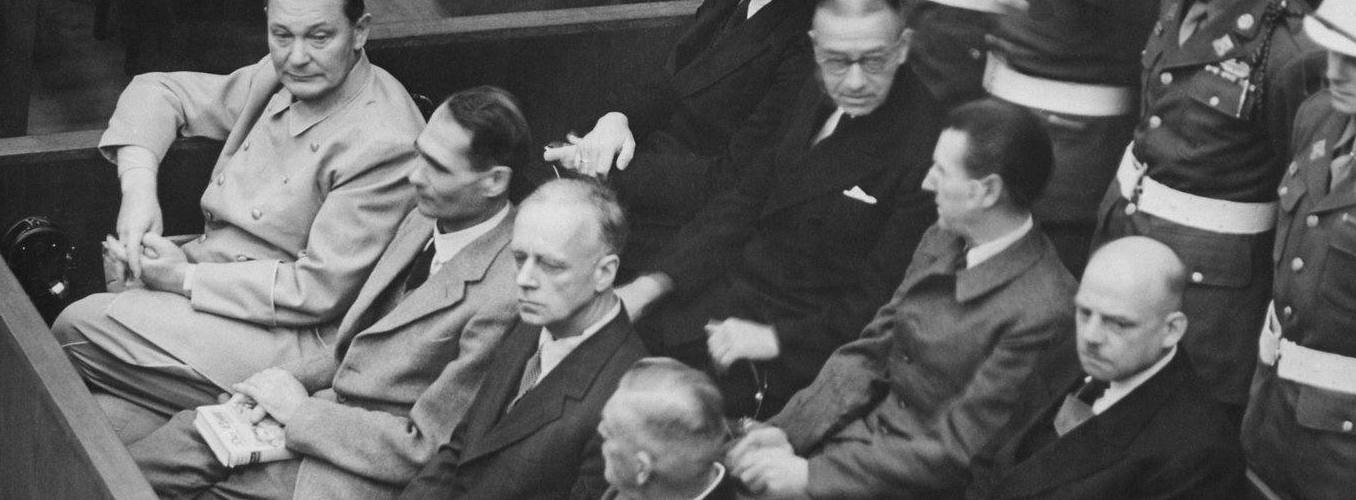
1 of 7
In the first months of Hitler’s rule, he gave away many clues about the way things were really going to be. The Nuremberg Tribunal had several tons of Nazi state documents, just from Hitler’s first year in power.
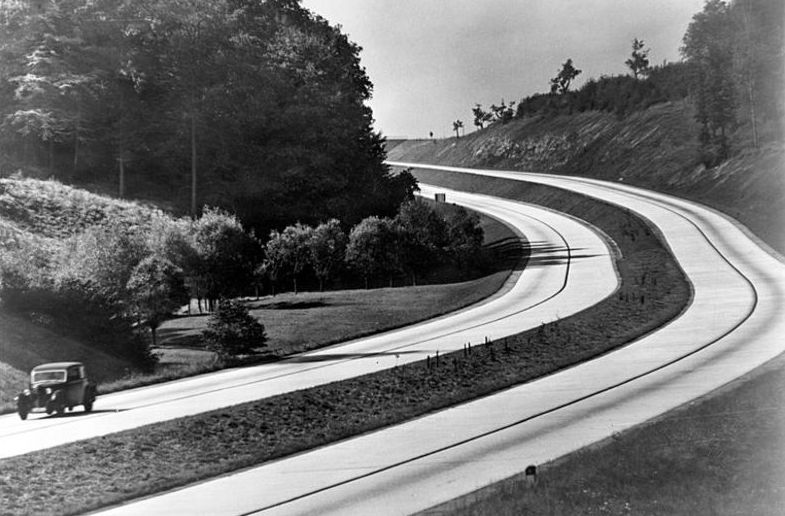
2 of 7
The Nazi revolution was guided more by the principles of realpolitik than by the immediate needs of the population, including in the economic sphere. Imports and exports were intentionally sabotaged by Hitler. The German economy was preparing to support an aggressive foreign policy, based on intimidation through armed force.
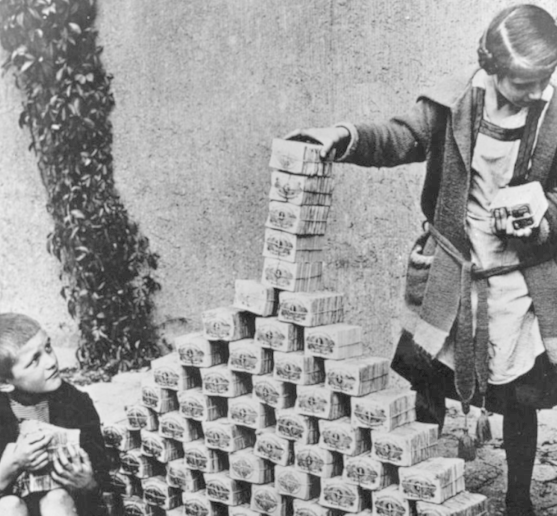
3 of 7
The Weimar republic had supported economic reforms by using the Central Bank. Printing new money increased inflation and unemployment. This intervention in the economy proved to be a disaster. Hitler did not repeat the same mistakes. Nazi Germany did not rely on tax and monetary measures. The real economy, represented by actual physical products, was built up. These changes followed the traditional economic policy of Wehrwirtschaft, of supporting the war, carried out by the Germans in the previous two centuries.
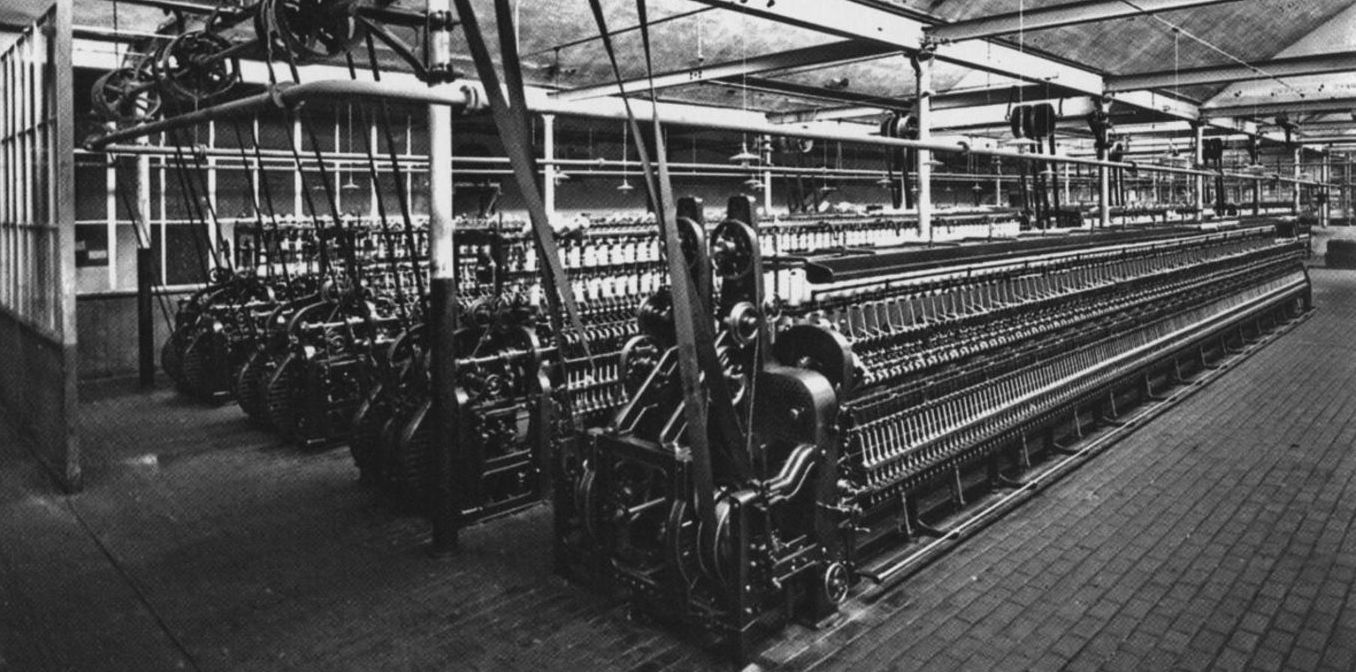
4 of 7
Before gaining power, the Nazis were supported in election campaigns by important businessmen. The most eminent were: Emil Kirdorf, Krupp, Hjalmar Schacht, Fritz von Thyssen and Henry Ford. Economic interests took precedence over moral principles and ideological interests. Nazi Germany remained an attractive target for investors, even if this meant indirectly supporting an extremist regime.
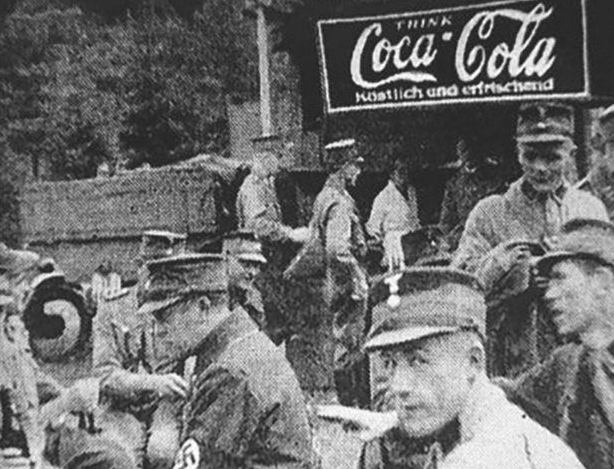
5 of 7
Besides personalities from the world of business, a series of famous companies also supported the rise and growth of the Nazi regime. Amongst the best-known were: Ford, Bayer, Coca Cola, IG Farben, Chase Bank, General Motors, Texaco and United Steel. The enforced economic embargo imposed by the Americans on Germany forced the producers of Coca Cola to innovate. The company invented the famous drink of Fanta in Germany.
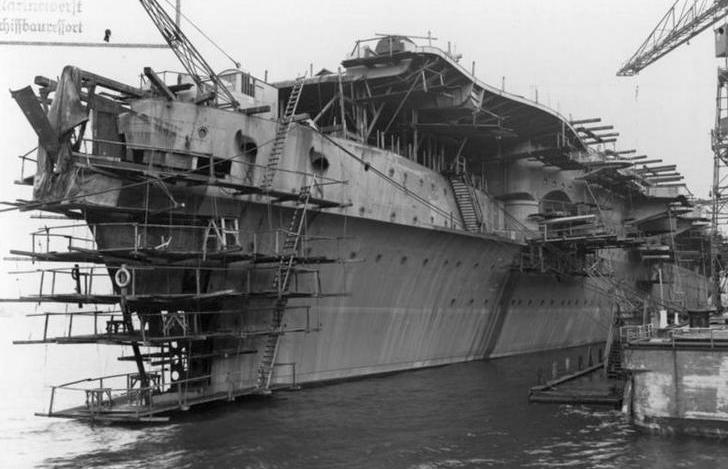
6 of 7
The reforms were based on: stimulating the creation of jobs, investments in highways and railway lines, and supporting heavy industry - steel and coal. Manufacturing production had a central role. These investments increased the budget deficit. Germany addressed the issue on a short- and medium-term by obtaining foreign loans at 4.5% interest. The Nazi economy was autocratic, prepared to weather conflict and isolation, relying on its own resources. Industry was oriented towards war.
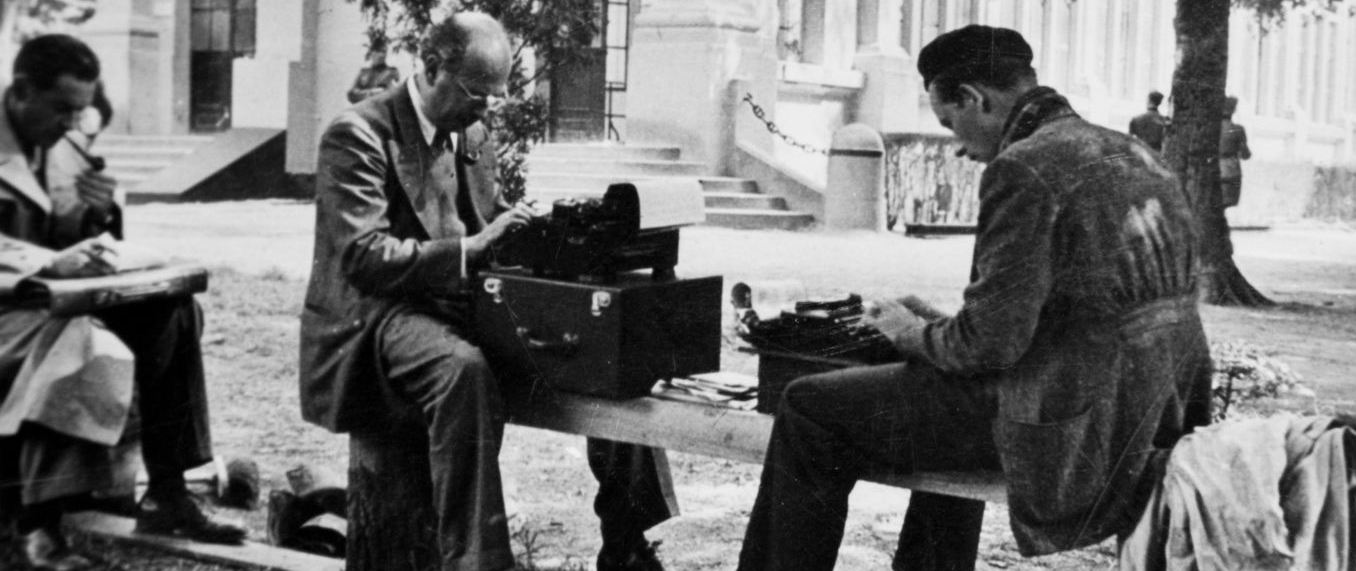
7 of 7
The numbers looked good for the German Nazi economy during the interwar period. According to the American war correspondent, William Lawrence Shirer, in four years unemployment was reduced from 6 million unemployed to less than one million. National income doubled. Heavy industry enjoyed important growth in the economy from 2% to 6.5%. Profit reinvested by German firms increased from 175 million marks to 5 billion marks. Just before the war, the German economy was the third in the world, after the United States and the British Empire.
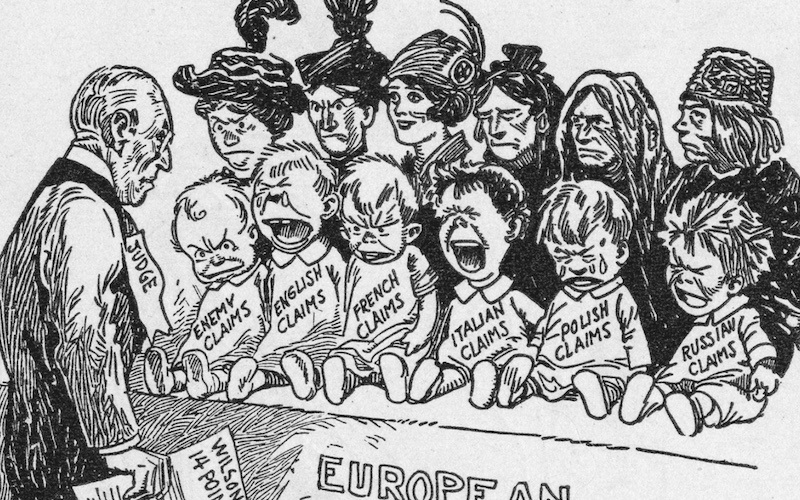
The End of World War One and the Paris Peace Conference
World War I was the most terrifying carnage humanity had ever known. At the end of the 52 months of war, the statistics were shattering: over 9 million lives lost, with probably the same number of people suffering from some kind of illness or disability after the battles.
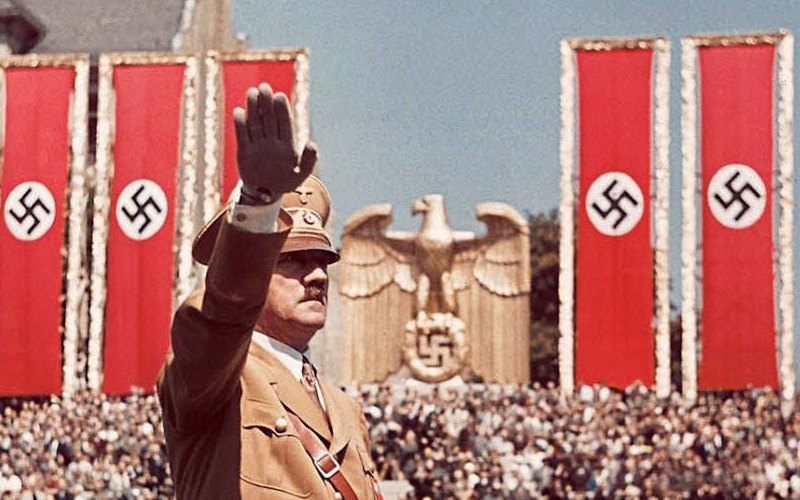
The Road to World War Two
The path to World War Two originated from unresolved territorial issues between France and Germany at the end of World War One. These, coupled with economic and social upheaval in Germany and Italy, old colonial ambitions and a desire for conquest led by Hitler and Mussolini resulted in the second world war.
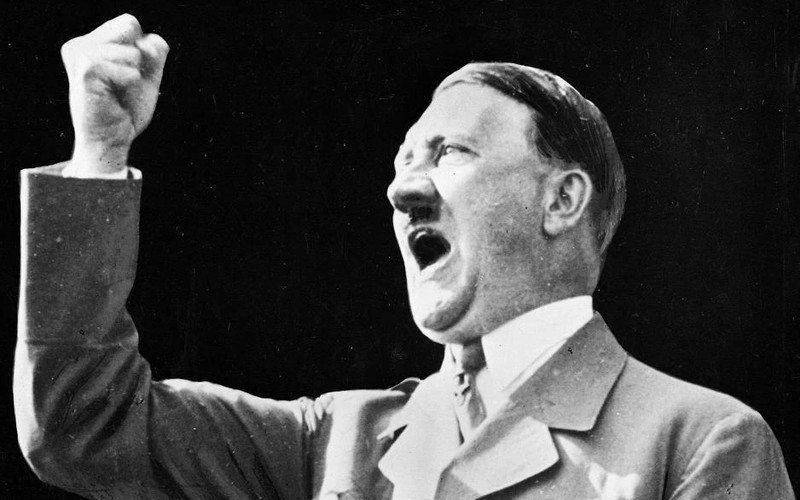
Hitler’s Rise to Power
After his unsuccessful attempt to overthrow the government of the province of Bavaria, Hitler was imprisoned. In prison, he wrote his autobiographical book Mein Kampf, ‘My Struggle’. Mein Kampf was the reference work for the entire Nazi ideology. It was the inspiration which ‘justified’ Germany’s expansion and its entire genocidal policy.
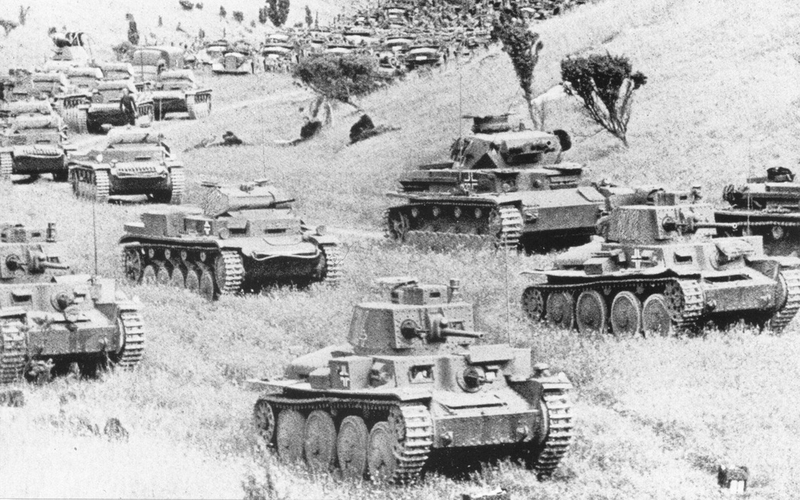
Blitzkrieg
Blitzkrieg literally means ‘lightning war’. This tactic describes an offensive military doctrine used by the German Army during World War Two.
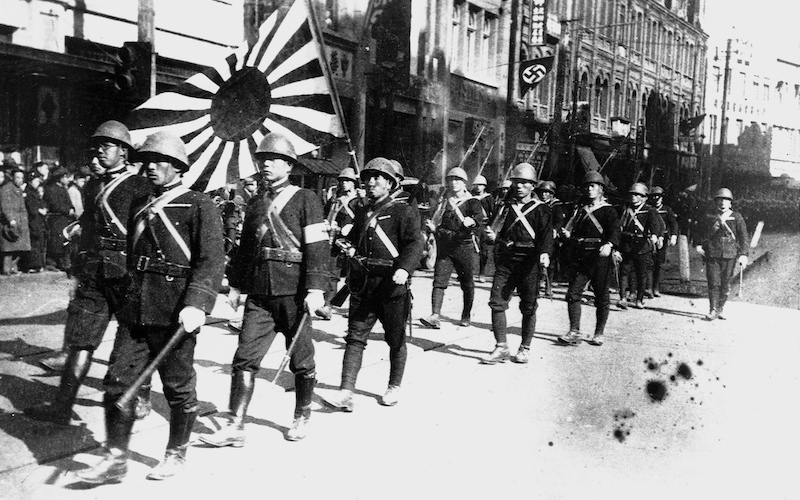
Japan on the Path to World War Two
The path that led Japan on one side, and the United States, China and Britain on the other to war is long and complex. The origins of the conflict can be identified in Japan's unique history and culture, nurtured by the expansionist tendencies of its leaders in the 1930's.
- Al Treilea Reich - Richard Evans, cele trei volume, editura Rao, București, anul 2015
- The Third Reich in History and Memory - Richard Evans
- The German Unemployed: Experiences and Consequences of Mass Unemployment from the Weimar Republic to the Third Reich- Richard J. Evans, Dick Geary
- Originile celui de-Al Doilea Război Mondial - A.J.P. Taylor, editura Polirom, Iași, anul 1999
- Ascensiunea și decăderea marilor puteri. Transformări economice și conflicte militare din 1500 până în 2000 - Paul Kennedy, editura Polirom, Iași, anul 2011
- The Rise and Fall of the Third Reich - William L. Shirer
- Sfârșitul. Rezistența sfidătoare și înfrângerea Germaniei lui Hitler, 1944-1945 - Ian Kershaw, editura corint, București, anul 2013
- Cu Hitler până la sfârșit - Heinz Linge, editura corint, București, anul 2014
- O istorie internațională a Europei în Secolul XX - Lucian Leuștean, editura „Universității Alexandru Ioan Cuza Iași”, Iași, anul 2015
- Operatiunea „Schulung". Lovitura De Poker Pentru Hitler. Documente Diplomatice Inedite - Sadowski Liviu, Sadowki Armand, editura Sedcom Libris, Iași, anul 2012
- Cristina Todor





